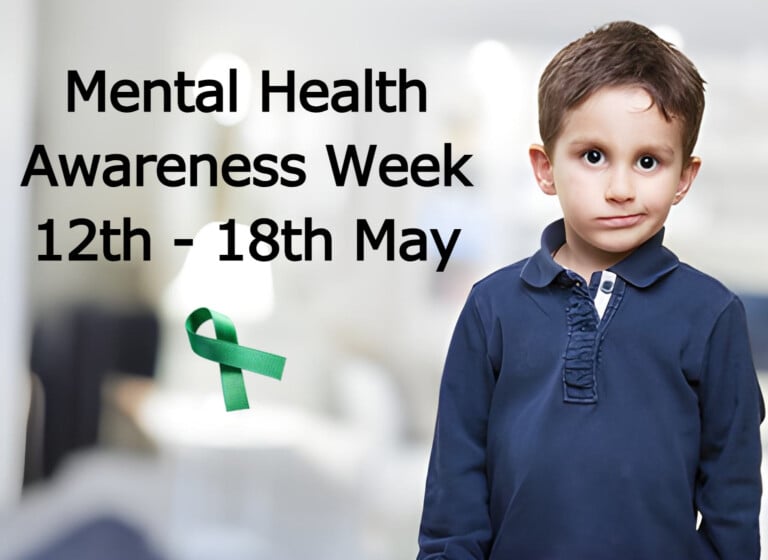
As parents we interact with other parents and children on a daily basis, this is obvious but why is this statement so important?
Did you know 50% of mental health problems are established before the age of 14? (1).
The article below will be focusing on ways we as parents can help spot signs and manage mental health in children. However, it is also important to understand that 68% of women and 57% of men with mental health problems are parents. (2) Statistically, this means over half of the parents we speak with will be suffering in some way from mental health.
The support structure for addressing mental health has been growing year on year with the charge being led by the Mental Health Foundation (MHF) with additional support and awareness being generated from numerous charities and campaigners such as MIND & Whole.
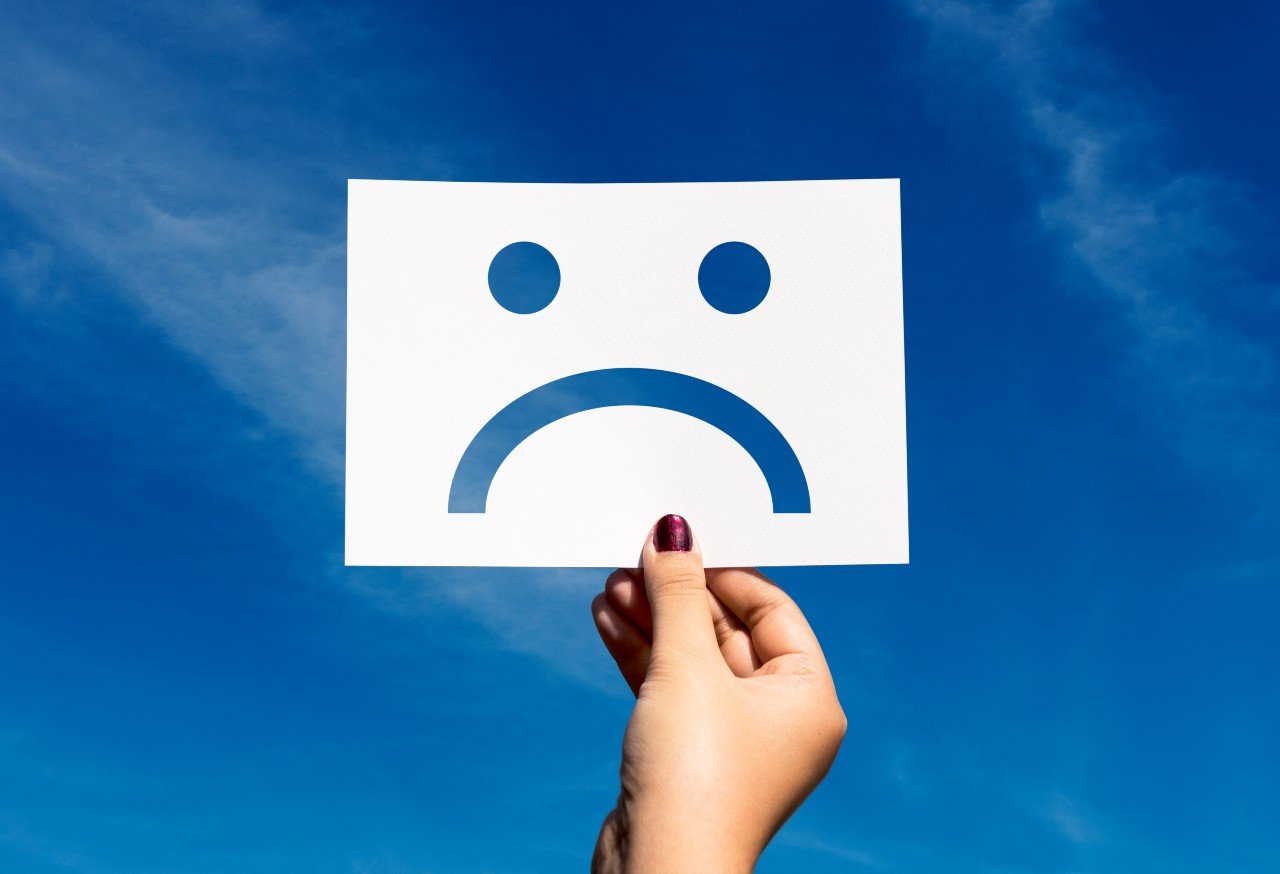

So what can WE do?
Supporting Children
It's important to understand that 50% of mental health problems are established by the age of 14 and 75% by age 24 (1). Understanding this can help parents and peers spot the signs early in order to effectively manage and support anyone struggling.
Alarmingly, 70% of children and young people who experience a mental health problem will not have the appropriate intervention at a sufficiently early enough age.
So what can impact mental health?
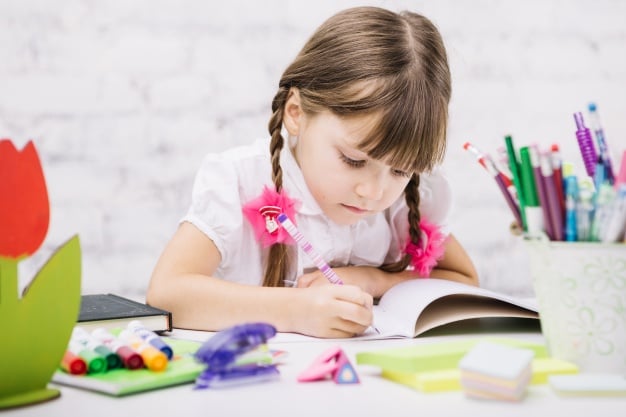

EXAM AND SCHOOL STRESS:
It is normal for children to feel a bit worried about exams or projects, especially when under pressure from school or family. Exam stress can cause children to feel anxious or depressed, and this can affect behaviour, sleeping and eating habits.
If you think your child may be feeling the stresses of school work or exams, there are things they can do:
- Let them know they can talk to trusted friends and family and tell them if they are struggling. These people can be there to support and encourage them and offer a listening ear. Tell them not to be afraid of opening up.
- Ask for help. Think about all the practical support they need. And that they are allowed to ask for help. Talk through their concerns together and with their teacher/tutor who can let them know what support their school can offer them.
- Get them to try finding a study group, or start their own. Working through problems with other students can be a nice way to keep a social life going and boost morale.
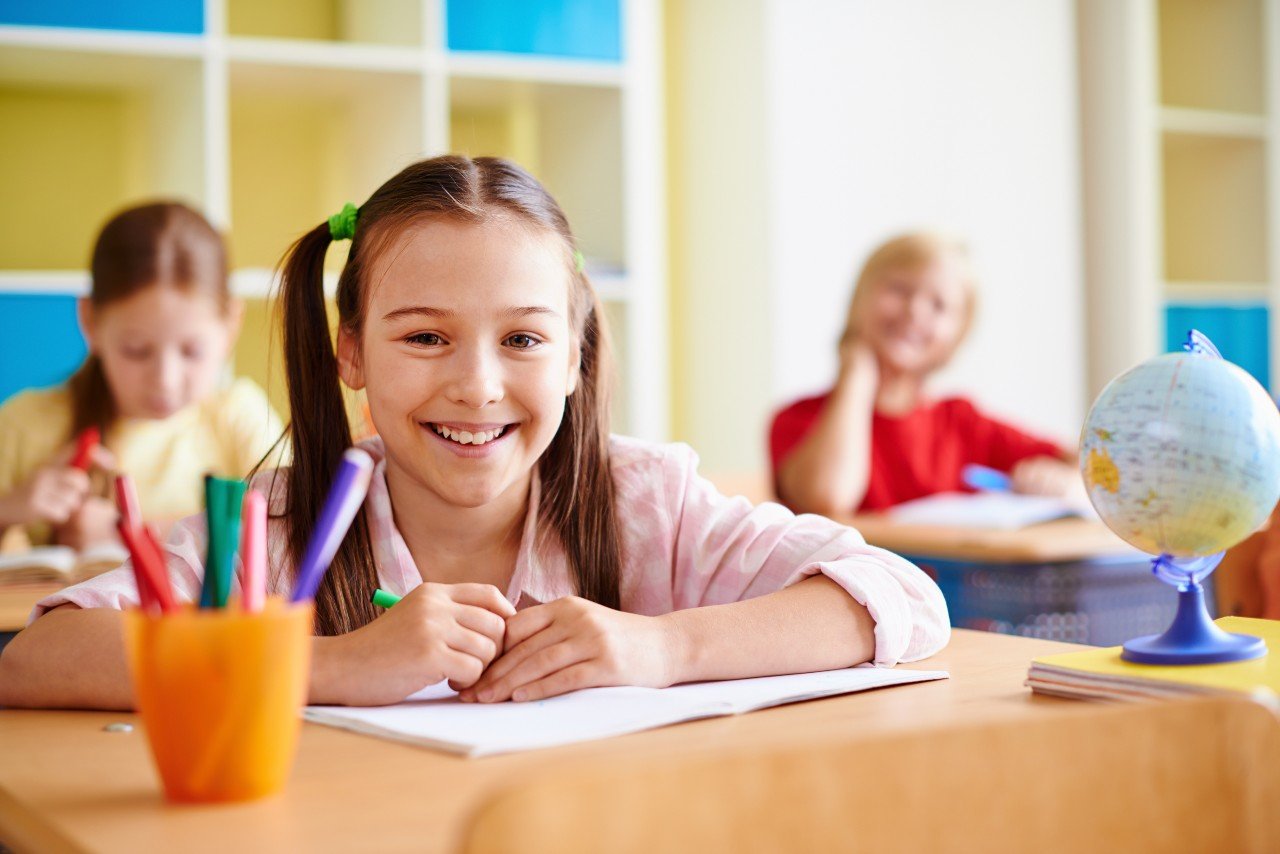

Sometimes children may feel like parents or family are putting pressure on them to succeed, it can help to reassure them and understand what they feel able to achieve, and whether their expectations are different to yours. They could also talk to a teacher they trust about the pressure they are under.
Some school problems which might affect your child could include:
- Finding schoolwork difficult, or having problems concentrating in class if others are noisy and disruptive
- Tricky relationships with friends and friendship groups
- Not getting on with teachers, feeling like you are labelled as 'trouble'
Young minds offers advice on spotting the signs and symptoms of doubled children at school.
ABUSE / BULLYING:
If you notice a sharp change in behaviour or disposition, it's potentially a sign that a child is being mentally or physically abused or bullied. Abuse at a young age can affect the way children interact with their peers and teachers. If this is left to develop, it risks the chances of children not developing the social skills they need to help support themselves in later life. If you notice a change in behaviour, and the child hasn't said anything to you, there are a number of steps you can take to best manage the situation.
- Continue to talk to the child - Most children who are being abused or bullied will find it difficult to talk about it. By having ongoing conversations the time may come when they're ready to talk.
- Keep a diary - Keeping a record of your concerns and the development of situations is a powerful way of building a case and aid in spotting patterns or deteriorating behaviour.
- Speak openly to the child's teacher, sports coach or other dependable source - The professionals who interact with the child regularly may have their own thoughts and observations. Speaking to them about the situation may help raise their awareness and spot the signs, or confirm any changes in behaviour you may have.
- Get another perspective - Talking about these instances to a reliable 3rd party may bring clarity or further insight into the situation. The NSPCC is a great source should you require professional advice on a situation.
- Report it - If you feel the instances warrant reporting, you can do so by calling the NSPCC's helpline on 0808 800 5000. If you wish to remain anonymous while reporting your concerns you are within your rights to do so.
Read more about how to spot the signs of bullying
SOCIAL MEDIA AND THE WEB:
The University College London (UCL) has found correlations between the time spent on social media and depression. This study found that 38% of 'heavy' users, defined as spending more than 5 hours a day on social platforms, are likely to suffer from severe depression and anxiety while the same symptoms are found in 12% of 'light' users.


It's incredibly important for a child to grow up in a supportive and healthy environment. With a growing number of hours spent online, the digital landscape and the individuals they interact with are just as influential in the child's mental state.
Last year we published an article on cyber-bullying and how to both spot the signs and help manage it. Read more about CYBER BULLYING and how to prevent it.
With young people spending so much of their time on these social platforms, there are many factors that can be affected by this, including confidence issues, general exposure to negative online behaviour and importantly sleep patterns. So what can be done to manage and support them?
Sleep is important.
Researchers found that depressive symptoms appear in a higher number of children who reported poor sleep patterns. Proportionately it takes longer for heavy social users to fall asleep, and there are further reports of their sleep being disrupted. (3)
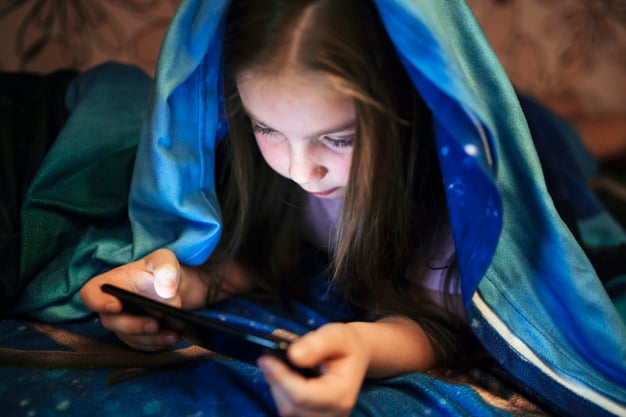

- Limit evening use of phones, tablets, computers and even television watching. Ensure they are not used within the last few hours before going to bed. The main reason for not using electronic devices before bed is that it exposes you to the blue-and-white light given off by the phones' screens, preventing the sleep-inducing hormone melatonin from being released by the brain, making us alert instead of sleepy. (5)
- It's been found that children keep their phones in very close proximity during the night. (4) Which can be tempting to continue usage after lights out. For younger children, ensure they don't go to bed with their device - or make sure it's turned off and out of reach.
- For older children, if they use a modern iPhone it's likely they have the "bedtime" feature. This is great because it disables notifications on their phone whilst making the alarm feature offers a softer and more natural wake up call.
- Get into a routine, ensure your child has a wind-down period, a specific bedtime and a chance to talk about their day - specifically during weekdays. This gives your child the opportunity to relieve any tensions or worries before going to sleep.
There are more options available to limit or monitor their use, from apps which can control screen time remotely to in app features such as ensuring YouTube's 'autoplay' feature is turned off
If you're unsure how much sleep your child should be getting, the NHS has provided a great resource to give you those answers.
BODY IMAGE AND PRESSURE:
Celebrities and marketeers contribute to the visuals our children consume view and benchmark against. These can form unhealthy lifestyles as children try to emulate what they see.
There have been numerous campaigns over the last few years as the use of manipulated images have increasing effects on our children. Campaigns run by self-care and beauty brands such as Dove have started a push towards more naturalistic photos to be used in marketing within their self-esteem project.
This is great to see because these factors are so out of our control that we need the big corporates to lead by examples.
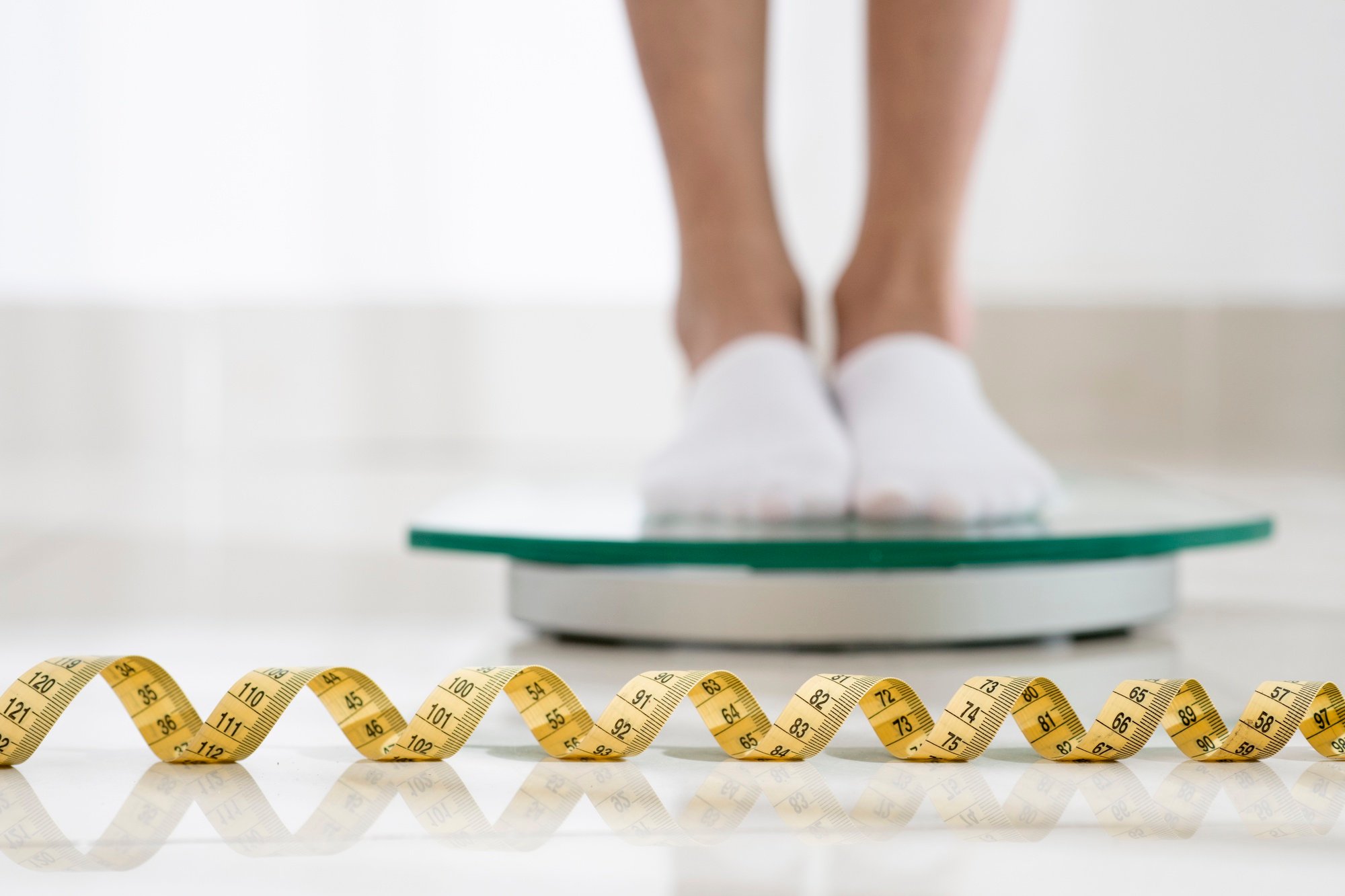

But what can we do to help?
- Explain to your children about the images we see in the media - how a lot of them are airbrushed and photoshopped to only portray what they think the public wants to see. The same goes for platforms such as instagram, where vloggers and influencers portray idilic and perfect lives. There are many posts and blogs which uncover the truths behind instagram posts and airbrushed images of celebs, and many inspirational celebs who are against it, which is worth showing your child if they are feeling under pressure or body conscious.
- Teach them about being healthy. Being healthy is the the most important lesson your child can take on board. Adopting a healthy lifestyle and eating habits is fundamental for our children. Not only will unhealthy diets that include bad fats and sugar affect their weight as they get older, but it affects their teeth, skin and even behaviour.
Children don't have the same knowledge of food and exercise, and it can be hard for them to make healthy choices. Therefore, as parents we should ensure that they understand eating the RIGHT food is better than eating NO food. Change 4 Life house a wealth of information directed at family food education. We believe understanding the facts around food will greatly impact the way we interact with it, and develop a healthy relationship with what we're eating. - Lead by example. You may not think it, but if you have ever stood on the scales and reacted badly to the number staring back at you, then you're setting an example for your child. If they see you obsessing over weight, dieting, or making negative comments about your body, they may begin to adopt the same habits and insecurities. Instead, focus on positive body image and self-care by demonstrating confidence and self-acceptance.
Supporting Parents
As mentioned earlier, mental health issues affect a significant number of parents, with 68% of women and 57% of men experiencing challenges. If you're a parent struggling with your own mental well-being, it's important to remember that you’re not alone. Here are some ways you can take care of yourself while also supporting your child:
- Prioritize Self-Care: Taking care of yourself isn’t selfish—it’s necessary. Make time for activities that bring you joy, whether it’s exercise, reading, or simply taking a few moments to relax.
- Seek Support: Don’t hesitate to reach out for help. Whether it's through friends, family, support groups, or professional therapy, having a network to lean on can make a big difference.
- Open Communication: Talk to your child about mental health in an age-appropriate way. Let them know that it’s okay to have bad days and that emotions are a natural part of life.
- Practice Mindfulness Together: Engaging in mindfulness activities with your child, such as deep breathing, meditation, or gratitude journaling, can be beneficial for both of you.
- Model Healthy Coping Mechanisms: Show your child how to manage stress in a healthy way—whether it’s through talking about feelings, engaging in physical activity, or practicing self-care techniques.


Final Thoughts
Mental health awareness in children and parents is crucial in creating a supportive environment for families. By recognizing early signs, taking proactive steps, and fostering open conversations, we can help children and parents alike navigate challenges with resilience and confidence.
If you or someone you know is struggling with mental health, don’t hesitate to seek professional support. Charities such as MIND, NSPCC, and the Mental Health Foundation provide valuable resources and guidance.
Together, we can break the stigma and ensure that mental health is prioritized for both children and parents alike.


 US - English ($)
US - English ($)